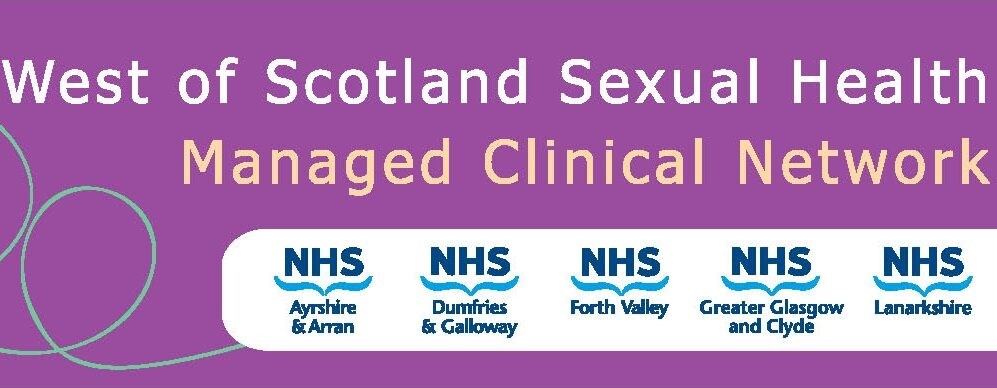Foods to avoid eating during pregnancy

Warning
The following foods should be avoided because of the risks of food poisoning, and the possible presence of bacteria, chemicals or parasites in these foods could harm an unborn baby.
Cheese
- Avoid mould-ripened soft cheeses (cheese with white rind) such as Brie and Camembert. This includes mould ripened goat’s cheese such as Chevre.
- Blue veined cheeses should also be avoided for example Danish Blue, Gorgonzola and Roquefort.
These cheeses are an ideal environment for harmful bacteria, such as listeria and are only safe to eat in pregnancy if they have been cooked.
Raw eggs
- Raw or lightly cooked hen eggs or foods containing them can be eaten provided the eggs are produced under the British Lion Code of Practice.
Unpasteurised milk
- Raw (unpasteurised) milk, including unpasteurised goat's or sheep's milk, or any food that is made of them, such as soft goat's cheese should not be consumed.
Pate
- Avoid all types of pate, including vegetable pates, as they can contain listeria.
Raw meat
- Raw or undercooked meat should not be consumed.
All meat and poultry
- Should be thoroughly cooked so there’s no trace of pink or blood.
- Particularly care should be taken with sausages and minced meat.
- The latest advice from the Food Standards Agency (FSA) is that pregnant women should take care when eating cold cured meats such as salami, chorizo, pepperoni and Parma ham, because these meats are not cooked but cured and fermented, so they may contain toxoplasmosis-causing parasites.
Liver
- Avoid liver or liver products, such as liver pate or liver sausage, as they may contain a lot of vitamin A. Too much vitamin A can harm an unborn fetus.
Vitamin A
- High-dose multivitamin supplements, fish liver oil supplements, any supplements containing vitamin A should not be taken.
Fish
- Some types of fish should be avoided completely, such as shark, swordfish and marlin because they contain high levels of mercury.
- Tuna also contains pollutants so intake should be limited to two tuna steaks a week, each weighing about 140g when cooked or 170g when raw or four medium sized cans of tuna a week.
- Oily fish such as salmon, trout, mackerel or herring (tuna does not count as an oily fish) should be limited to two portions a week.
- Raw shellfish should be avoided due to the risk of food poisoning.
The RCOG patient information leaflet ‘Healthy eating and vitamin supplements in pregnancy’ provides advice for women who want to know more about eating healthily in pregnancy.